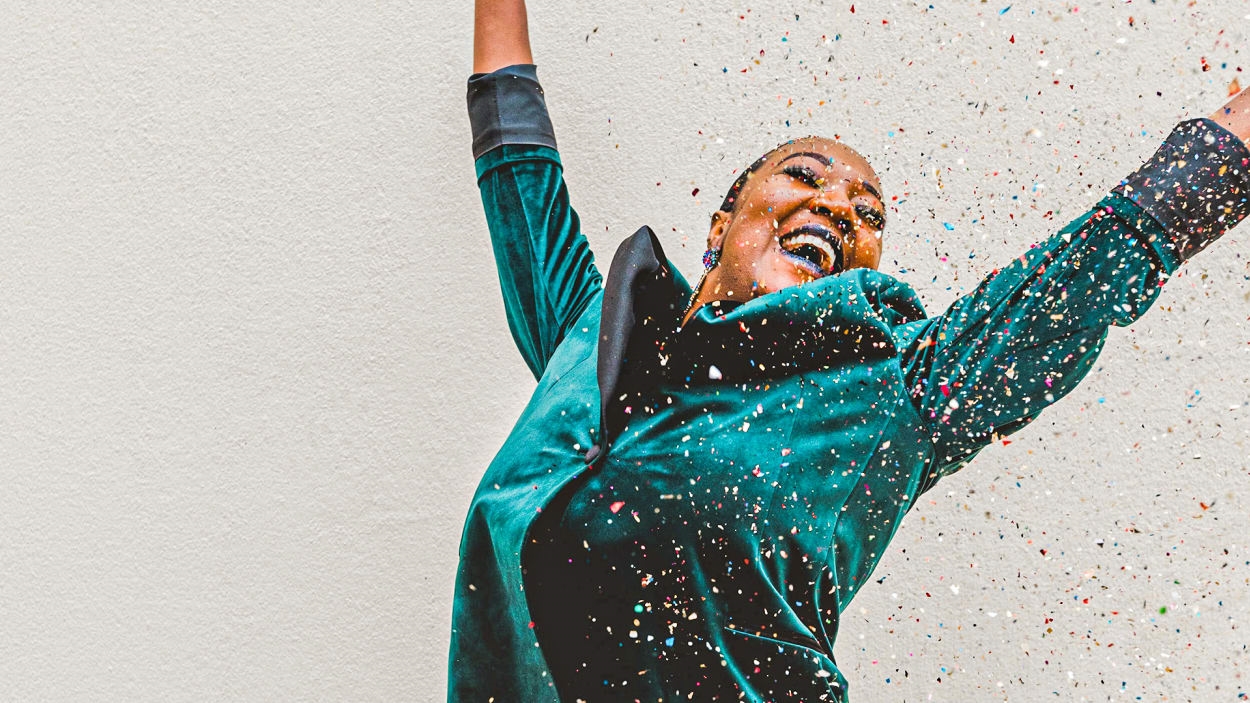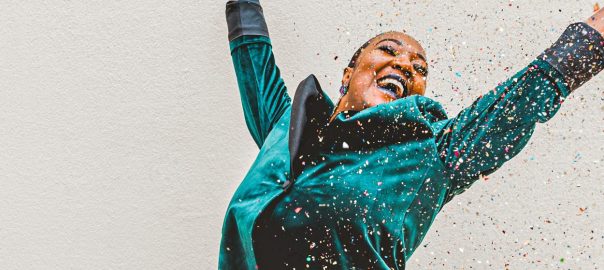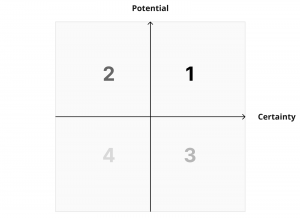If you’re considering making a New Year’s resolution for 2023, you should know that your brain is working against you. That’s because we have reptilian brains that want to protect us, which includes a “fight or flight” reaction to change, says Jeremy Campbell CEO of Black Isle Group, performance improvement consultants.
“We’re still very prehistoric in terms of how we’re wired,” he says. “We’re programmed to be more negative and to find reasons not to do things. We often rely upon motivation, and motivation runs out usually after two or three weeks. That’s why New Year’s resolutions often don’t work.”
Another reason resolutions are challenging is because we tend to think on the first of January, something will magically change. “What most people want is the outcome, but they don’t want to do the work,” says Campbell. “If you do want to make some changes, there are better ways to go about it.”
Campbell says habits are more powerful than resolutions. He shares these six principles that help you adopt habits:
Get Clear on the Goal
First, be very clear on the change that you’re after. For example, if you want to become more fit, do you want to run a 5K, finish an ultra-marathon, or take a short walk without being out of breath?
“Make sure that you know exactly what that goal looks like, and you can visualize it and describe it,” says Campbell. “The clearer you are on the output you’re after, the better your chance of reaching it.”
Break it Down
Next, break down the goal into small chunks. “New Year’s resolutions often don’t work because we want instant gratification,” says Campbell. “We also tend to do too much.”

For example, when pursuing a goal to become fitter, most people go all in. They go for a long run or spend an hour and a half at the gym, when a 20-minute walk would be perfect and more likely to be sustainable. By breaking down the big goal into smaller actions, you’ll be more likely to stick with it.
Measure What You Do
The third step is to measure what you do.
“Diarize it because that increases the chances of you actually taking the action,” says Campbell. “If I want to smash a sales target, I’ve got a diarize every single day that I’m going to phone a prospect.”
Know what you’re going to do and when you’re going to do it. You’ll increase your chances by taking those actions of planning and measuring.
Be Consistent
Consistency is what gets results, and Campbell likens it to a self-esteem bank account.
“The more consistent you are with your actions, the more you start trusting yourself,” he explains. “This is where the habit starts to form because it becomes part of who you are and what you do.”
Consistency is also the hardest of the six steps, and Campbell suggests gamifying the process. “If you make it fun, you’re much more likely to do it,” he says.
For example, form a streak, which is like a psychological contract with yourself. “Organizations like Peloton are brilliant at this, sending you notifications that say, ‘Don’t forget to get on your bike tomorrow so you don’t lose your streak,’” says Campbell. “That type of gamification is proven to work.”
Get a Cheerleader
Whether it’s hiring a coach, finding accountability buddy, or joining a Facebook group, it’s important to have someone cheering you on.
“Do something that puts you outside of your comfort zone by telling people what you’re going to do,” says Campbell. “Being held accountable helps you stick to the plan.”
Celebrate Your Wins
Finally, take time to acknowledge your wins by looking back each week and reflecting on what’s gone well. “Human beings often focus on the things that haven’t gone well,” says Campbell. “By celebrating your victories, you’ll find motivation to keep going.”
Habits take a while to form, due to our reptilian brain. “It goes back to the fight or flight,” says Campbell. “We’re naturally very cautious about things because we are protecting ourselves. And we protect ourselves from change.”
The New Year brings a societal push toward doing something different, and Campbell says it’s perfectly fine to avoid resolutions altogether.
“If you do want to make some changes, forming habits with these principles can get results,” he says. “But if you don’t want to change bad enough, don’t do it. You’ll save yourself a lot of heartache.”
(7)
Report Post



